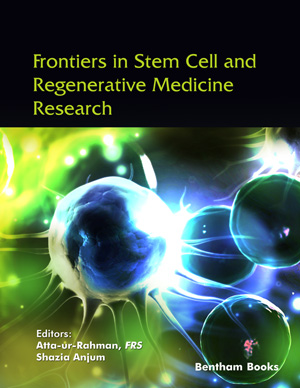Abstract
Disorders in articular cartilage affect many people, and are one of the leading causes of infirmity and decreased quality of life in adults. Tissue engineering and regenerative medicine related to cartilage include a broad range of settings and approaches that seek to repair, augment, replace or regenerate cartilage tissue. Formation of new tissue by cartilageforming cells (chondrogenic cells) is a central feature of each of these goals. Mesenchymal stem cell (MSC) transplantation has been introduced to avoid some of the side-effects and complications of current techniques. Different mesenchymal stem cell sources possess different abilitties to regenerate cartilage. However, the use of MSCs for cartilage repair is still at the stage of preclinical and phase I studies, and no comparative clinical studies have been reported. Therefore, it is difficult to make conclusions in human studies. The focus of this review is the role of MSCs, from different sources in which animal models were involved, in tissue-engineering cartilage repair, and research findings aimed at exploring a more rational application of animal models as the basis for future research, with clinical transformation providing a context.
Keywords: Animal model, articular cartilage, cartilage regeneration, mesenchymal stem cells, preclinical trials, tissue engineering.











